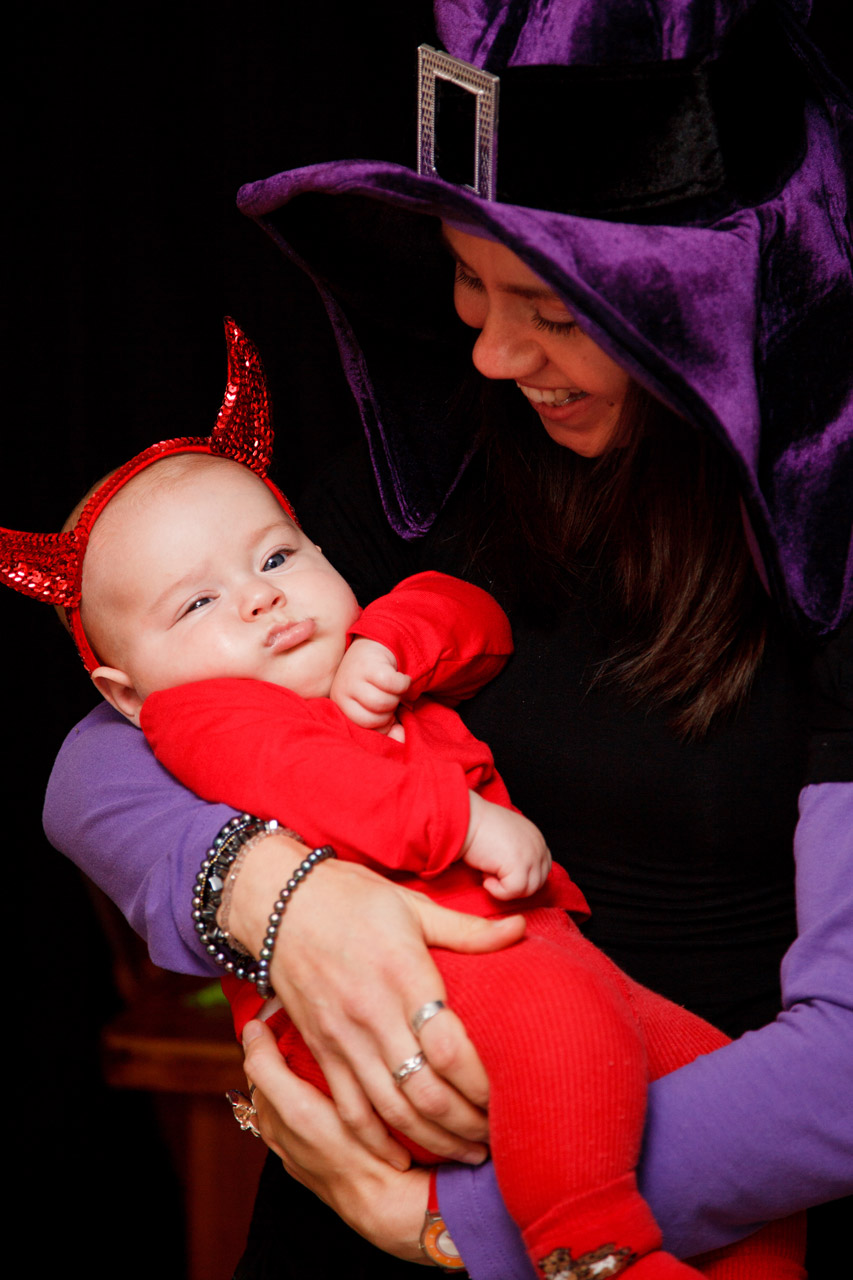Clarissa the witch was not a cruel woman, but she also wasn't given to doing things purely out of the goodness of her heart. After all, if she helped someone out there was no reason they should't do something for her in return. She didn't think this was a bad thing. It didn't change the fact that she had helped someone, it just meant she had something to show for her troubles.
So when the king came to her, begging that she find a way to give him an heir, she agreed only on one condition. She had longed for a child of her own, and the king only needed one heir. Modifying the spell to guarantee the queen would give birth to twins wasn't too terribly difficult. The king tried to trick her into taking the child of some servant who hadn't agreed to her terms, but she saw through that easily enough. She took the elder twin, a little girl, to raise as her own, naming the baby Fern. She left the king and queen with the younger boy, a perfect heir to the throne. Everyone had what they wanted, and everyone was happy.
At least, everyone had been happy until a demon decided to break into Clarissa's house in the middle of the night.
Clarissa had gone to check on her daughter after an unnatural chill spread through the apartment. She recognized the figure stooping over Fern's crib as a demon instantly, from the creeping sensation it's presence gave her as much as the horns and tail.
Without hesitation Clarissa threw a ball of energy into the creature's chest, slamming it backwards into the wall. "Stay away from my daughter," she said, hurrying forward to stand between the demon and the crib.
Forced himself away from the wall and snarled at Clarissa. "That is my child, foolish mortal."
That...was not the answer Clarissa was expecting. "What?"
The demon rolled their eyes before repeating themself. "I said, the child is mine. The mother promised me her first born years ago, in return for saving her father's life. I have the right to raise the child due to blood oath, so hand them over."
Clarissa crossed her arms impatiently. "Oh for the love of...I made a magic contract with the father, promising the baby to me. That's every bit as binding as your blood oath, so I won't be handing anything over."
The demon's glowing yellow eyes widened at that, and they stuttered wordlessly for a moment before settling on a retort. "I was promised the child first."
"That would only matter if we'd both dealt with the same parent and you know it."
The demon let out a howl of rage and sparks shot from their hands, though Clarissa noticed they seemed to be trying not to actually light anything on fire. They also cut off their howling when Fern started crying.
"Great job, you woke her up." Clarissa took Fern out of her crib and rocked her.
"Look," the demon said. "Why don't we just split custody? You can keep the child here with you for a month, then I'll take her with me to-"
"Absolutely not," Clarissa cut them off. "For one thing, children need stability. Hopping between parents in different planes of existence every other month is not conducive to healthy development. And besides, how do I know whatever dimension you came from is even safe for a human baby?"
The demon growled. "Then what do you suggest?"
"Well," Clarissa started, already halfway regretting what she was about to say. "You could stay here with us. That way we could both raise her, and she wouldn't have to go back and forth all the time. Everyone would be happy." Clarissa actually wasn't that happy about inviting a demon to live with her, but if it kept her daughter safe and meant she wouldn't have to fight said demon, she could learn to live with it.
Seeing that the demon looked ready to continue arguing, Clarissa added, "I really think this is what's best for the baby."
Finally, the demon let out a frustrated sigh. "Fine, I'll stay here if I must," they conceded.
Clarissa nodded. "All right then," she said. "We'll be one big, happy, really weird family."

(
Witch and Baby Devil)
Author's note: This story is loosely based on the Indian fairy tale The Prince and the Fakir. In the original story, a Fakir agrees to help the king have an heir in return for one of his children. He then tries to cook the child he took, but is instead killed himself. The story then follows the prince who was taken by the Fakir. I decided to use the idea of a magical being wanting a human child, but switch it so they wanted to raise the child. I also wanted to explore the idea of what would happen if the same child was promised to two different supernatural beings, in this case a witch and a demon.


.jpeg)









